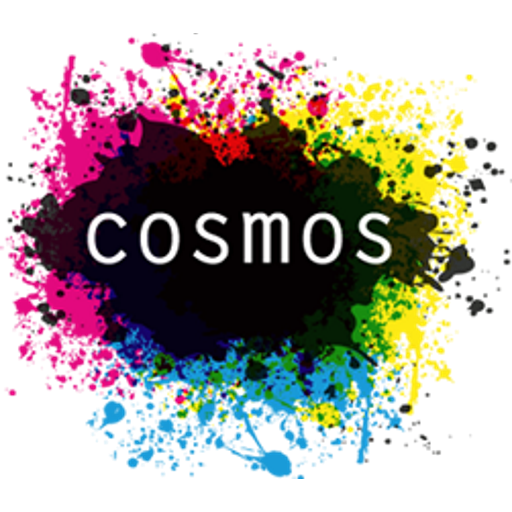The talk compares the interaction of three networks (public political support, vital information flow, and expected long-term reciprocity) in the labor policy domains of three polities (US, Germany and Japan)

Speaker : Prof. Jeffrey Broadbent | University of Minnesota Discussant : Markos Vogiatzoglou (EUI)
Capitalist democratic societies display considerable variation in the composition of power formations that determine policy outcomes. Debate continues about the nature and origin of these differences. New analytical tools, specifically the measurement of multiple networks among the organizations in a policy domain, offer more precise ways to analyze and compare the inner dynamics of such formations. This paper compares the interaction of three networks (public political support, vital information flow, and expected long-term reciprocity) in the labor policy domains of three polities (US, Germany and Japan). The analysis reveals distinct interaction patterns among the networks in each case, producing power via different relational media with distinct outcomes. In Japan, reciprocity networks glued together the core of the polity and conveyed information, with public political support sidelined. The US displayed a scattered distribution of information and stronger influence of public political support, but no reciprocity except among unions. Germany lacked reciprocity and diminished policy support, while allowing wide information flow. These indicate different theoretical models. From an institutional perspective, established corporatist institutions govern business/labor direct negotiations by formal law in Germany, minimizing public political contention. In the US, actors use widespread information to form shifting issue coalitions that pressure the political institutions. Central ministries avoid politics and formal regulations in Japan, forming policy by flexibly guiding negotiations between big business and big labor to minimize conflict, but working to reduce union power and neglecting unorganized sectors. Regarding action orientations, German actors would seem more embedded in bureaucratized roles and logics; US actors in constant individual rational choice bargaining; and Japanese actors in vertical chains of long-term exchange partners leading to a central mandated state agency. The three explanatory models require quite different core theoretical elements and hybrid integrations, critiquing theoretical reductionism.
The talk will take place at the EUI Seminar room (ground floor), Villa Pagliaiuola , Via delle Palazzine 17-19 on the 24th of September from 1:30 PM to 3:00 PM
Journal Article - 2025
Journal Article - 2023
Journal Article - 2023
Journal Article - 2023
Journal Article - 2023
Monograph - 2023
Monograph - 2022
Monograph - 2022
Journal Article - 2021
Journal Article - 2021